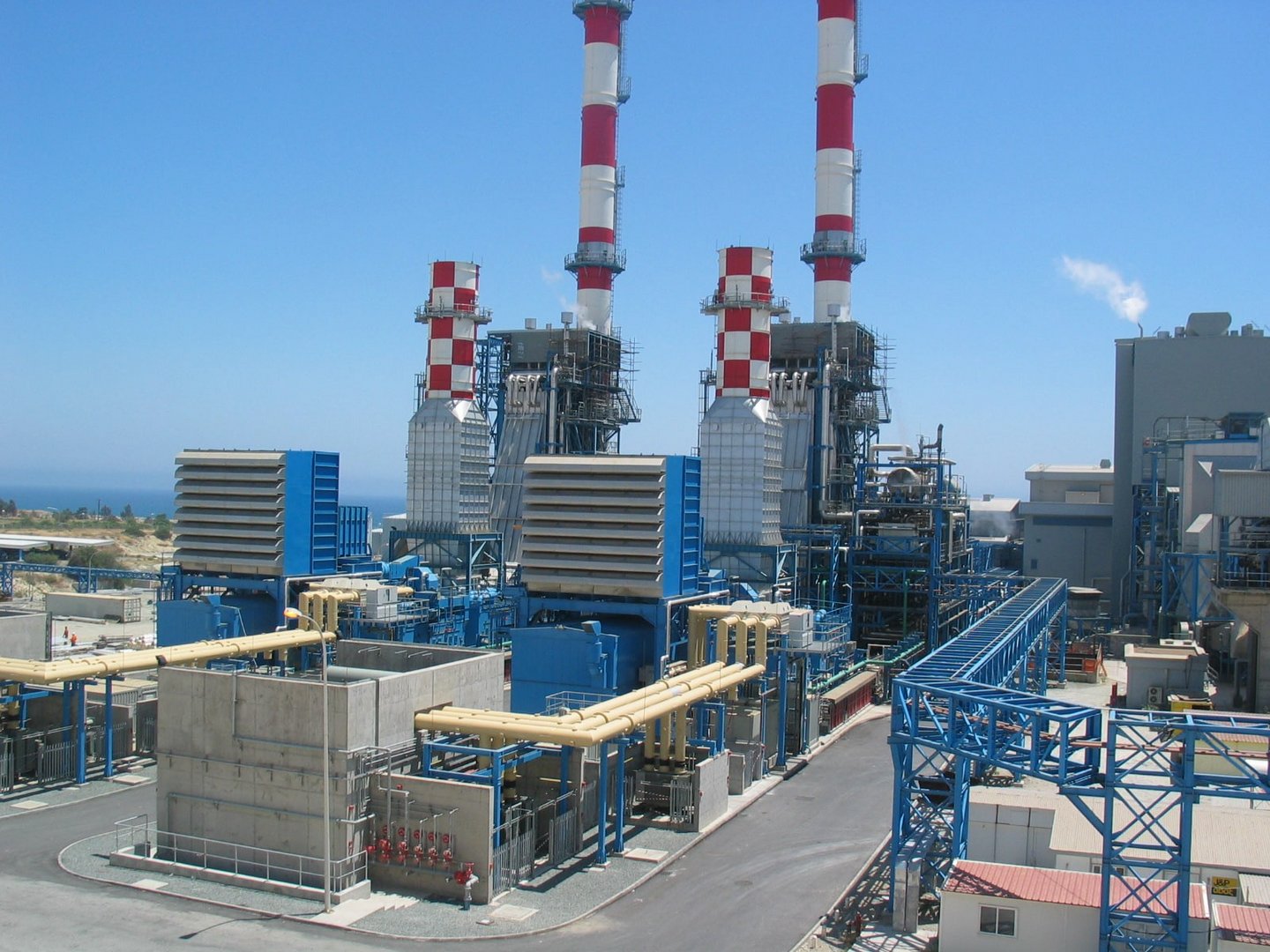The way things are going, consumers can expect electricity prices to go through the roof and face power cuts at the same time, Electricity Authority scientific staff union (Sepaik) leader Marios Pappoutis warned on Monday
One small power station problem and there will be outages for both households and businesses, he said, adding that waiting till the last minute has led to the state facing a tremendous cost to rent generators to cover rising needs, money that could have been spent on infrastructure.
“We had pointed out the adequacy issue a long time ago. There were solutions. It is not just a matter of the incumbent government. It has been going on for over 15 years,” Pappoutis told CyBC radio.
He was defending remarks he made at the union’s AGM on Saturday, which riled Energy Minister George Papanastasiou, prompting him to ask if people expected him to go to Dhekelia to do the work himself.
Decisions had been made to upgrade the power plant in Dhekelia, as a second power station. “Unfortunately, since 2023 when the decisions were made until the implementation of such a project, we have found ourselves at a point when we do not have adequacy, meaning we are borderline in 2025,” Pappoutis said.
“In case of a fault in a unit – especially in July and August when all units will be running – it will be difficult to provide electricity to all households and businesses,” he explained.
Pappoutis referred to a cost of about €200 million to rent generators for Dhekelia.
“Unfortunately, as always in Cyprus, we waited till the last minute to build infrastructure, so anyone can exploit the situation and charge high prices,” he said.
However, according to Pappoutis, this is not the worst problem.
Because infrastructure cannot be built overnight, Cyprus will have to rent generators to cover needs in 2026, 2027 and 2028, “at a very high price, possibly even higher than the units the EAC wants to install in Dhekelia.”
“We will be paying this money to companies abroad without creating infrastructure,” Pappoutis pointed out.
One of the problems he referred to was that “all the studies over the past 15 years were based on expectations: expectations for bringing natural gas, expectations for connecting with Greece, expectations that a unit will come from the private sector that will operate with natural gas to cover the needs.”
“We all need to sit down – energy ministry, Energy Regulatory Authority, Transmission System Operator, Electricity Authority – to decide what is to happen,” Pappoutis said.
He added that “if we rent generators after the summer, the cost will be universal, the consumers will pay it and it will be higher […] so we have to set goals, which are cheap kW, adequacy, secured supply.”
“Unfortunately, we are doing the same thing with water. While over the past ten years no infrastructure was being made, we reached a point where we have to rent desalination plants. There are solutions, but they are not being promoted. We are trapped regarding water and electricity in temporary and opportunistic solutions,” he pointed out.
If decisions are made today to upgrade the power plant at Dhekelia, the results will be available in 2028 or 2029, Pappoutis added.
On Saturday, matters became heated between Papanastasiou and Pappoutis, when the latter laid the blame for the slow pace of upgrades at the Dhekelia power plant at Papanastasiou’s feet, while Papanastasiou pointed his finger at the electricity authority (EAC).
The government gave the EAC the go-ahead to upgrade Dhekelia with two new flexible generators in March.
Local residents had staged a protest at the power station the previous month, demanding it be upgraded with “less polluting machinery” to be “less harmful” to both the environment and human health.
In the meantime, the Consumers’ Association said remarks over the past few days that the imminent three per cent increase on electricity bills would be imperceptible to households were “out of touch with reality and provoke consumers’ feelings”.
Chairman of the association Marios Droushiotis said the prices as they stood today were “unaffordable for a large portion of the consumers” and an increase of 3 per cent would be anything but imperceptible.
He added that the association was also concerned that the planned opening of the energy market on October 1 would not lead to a drop in prices for consumers.






Click here to change your cookie preferences